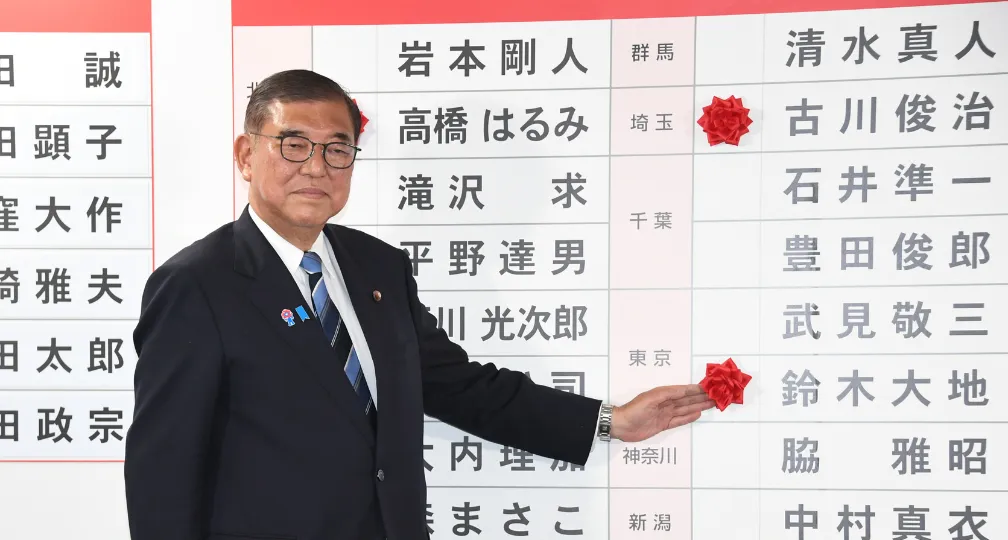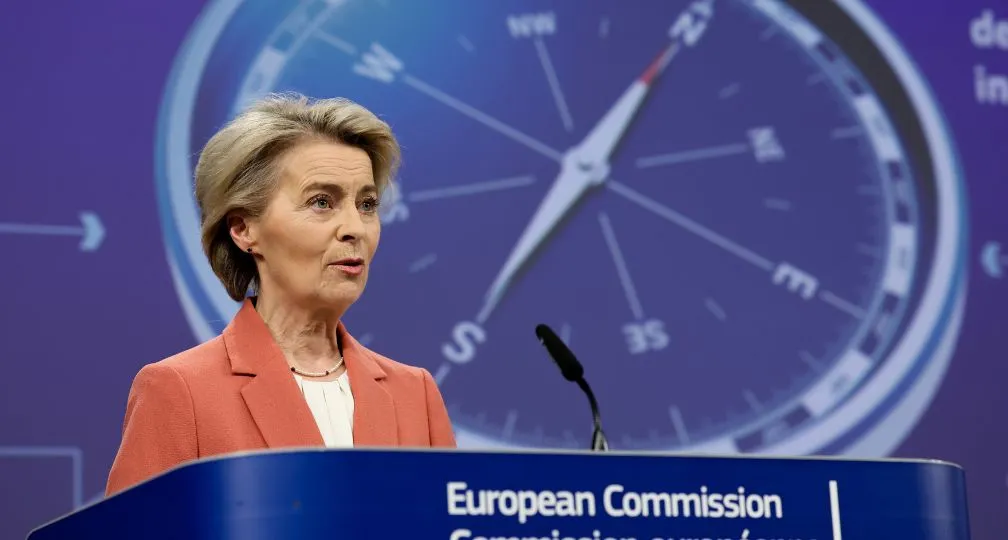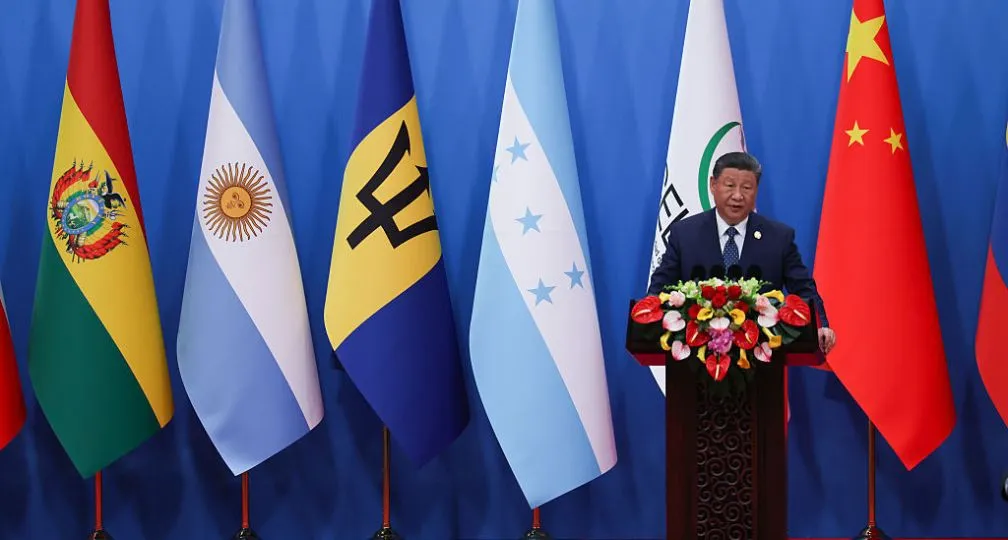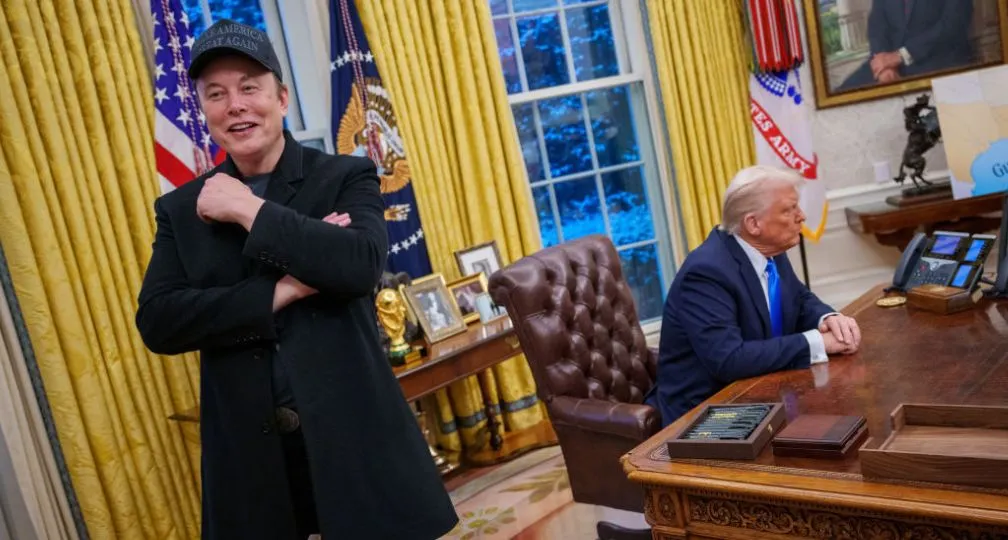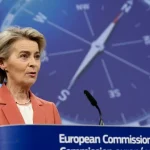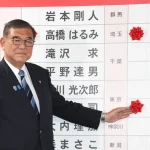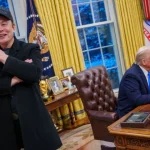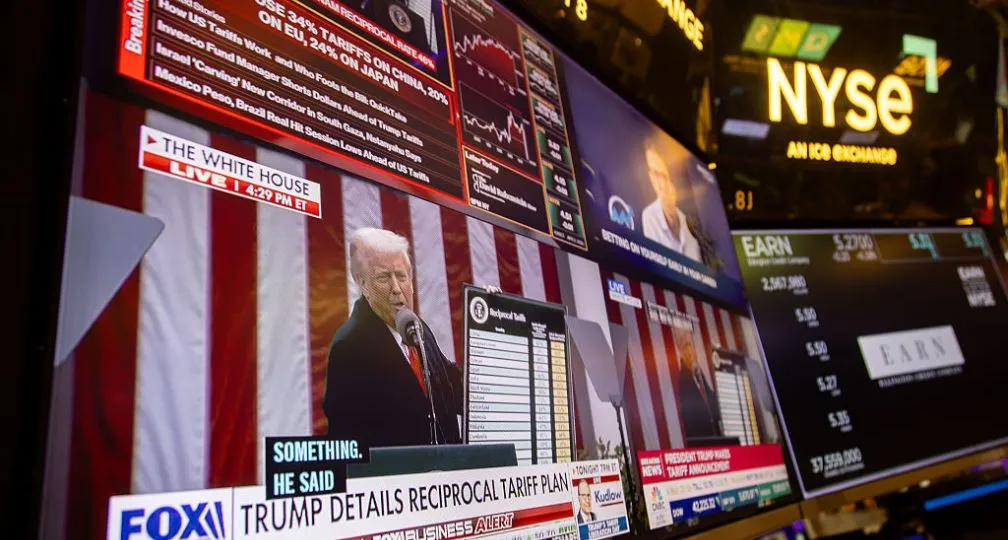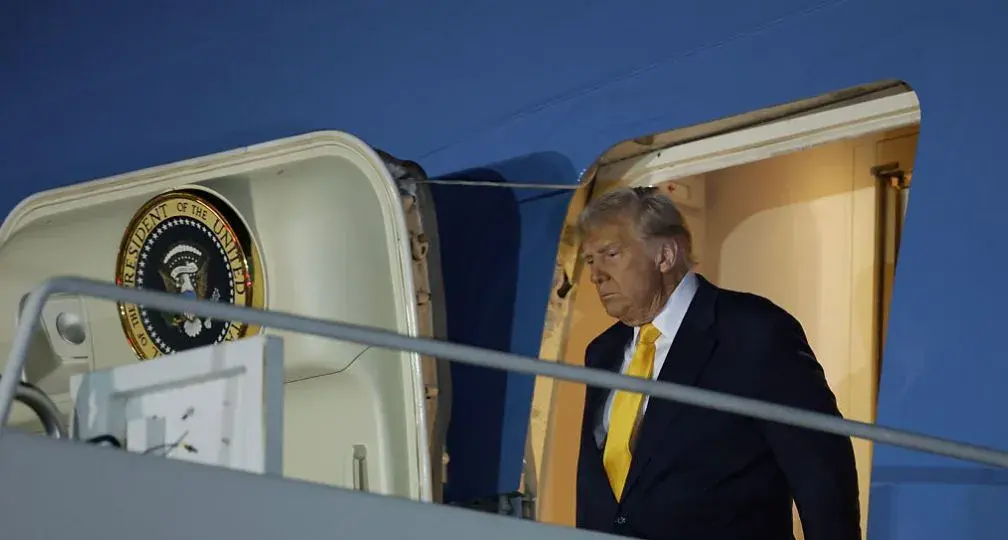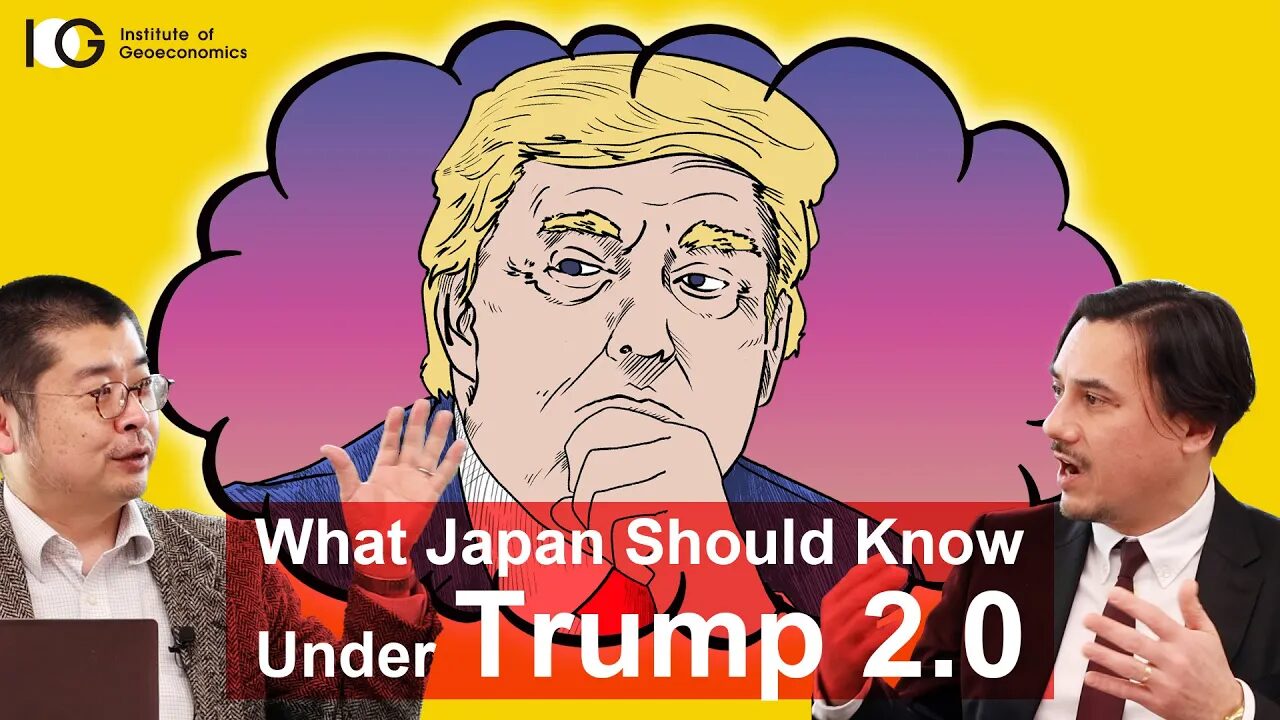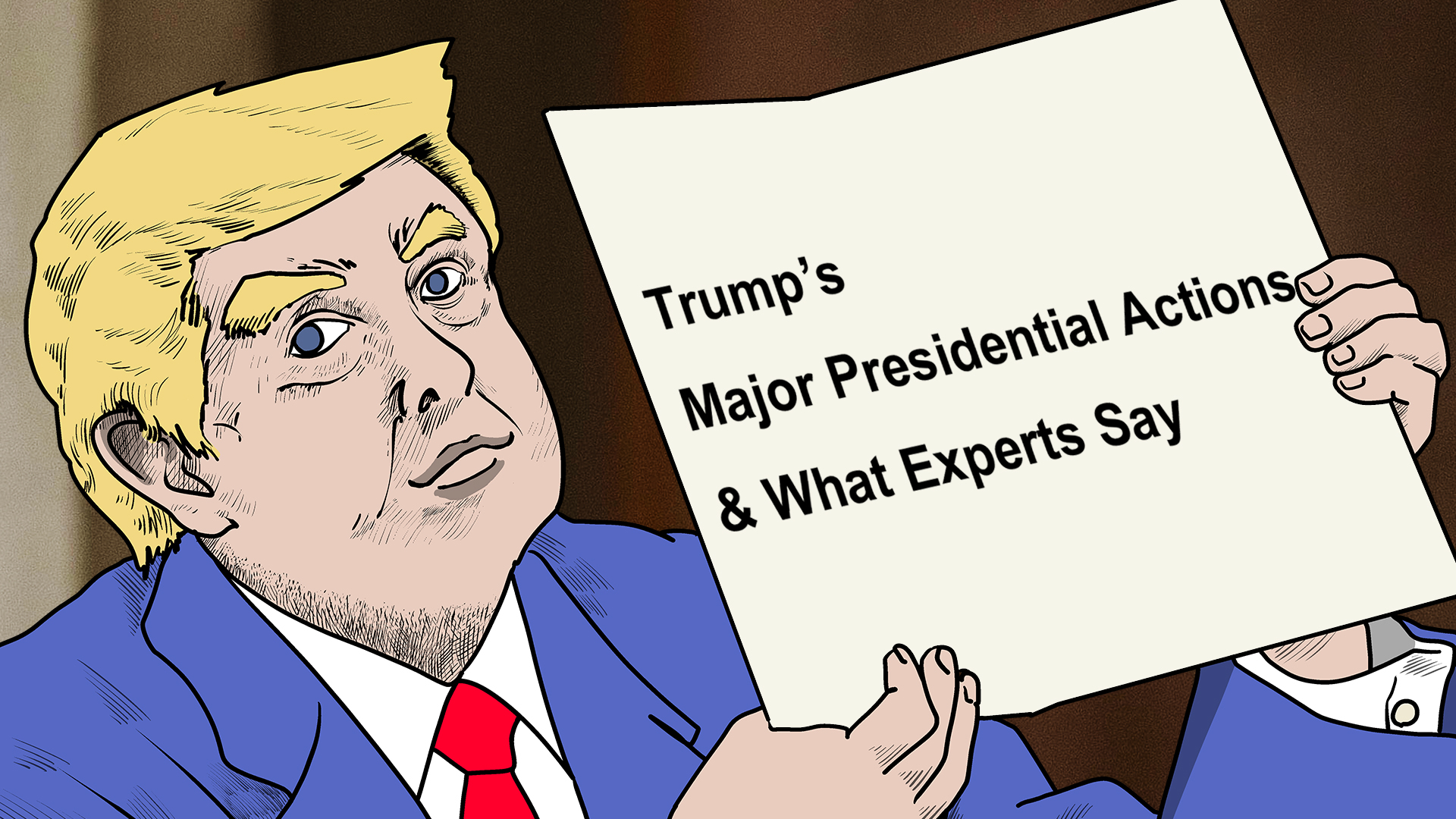The rift between Trump and the EU: can Italy’s Meloni become a bridge-builder?
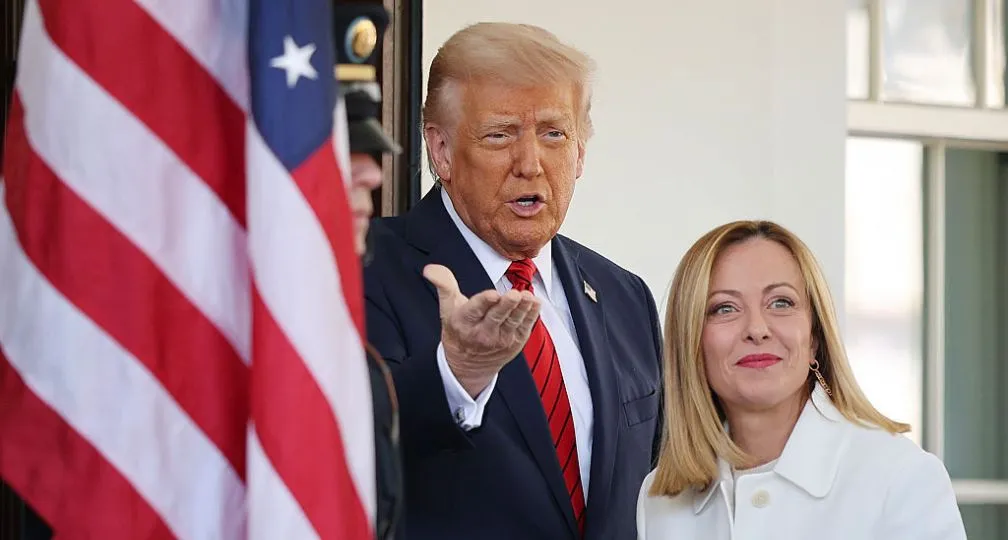
Usually, this influence is exercised by larger member states like Germany or France. But this time, Italian Prime Minister Giorgia Meloni seems to be first in line in facilitating the conclusion of a deal with the United States (US). At the time of writing, the result of EU-US negotiations is still not in sight, and in this context, we look at which results Italy’s Giorgia Meloni is achieving with her ultra-conservative counterpart in Donald Trump.
Italian politics and the impact on Meloni’s positioning
Italy has a proportional voting system, which on average requires the creation of coalition governments that have historically lasted only an average of 1 year and 2 months. Other than the result of elections, since the 1990s whenever the country encountered profound crises, the President of the Republic appointed a number of technocratic governments (usually apolitical) in order to solve the crises at hand, the last two of which were the sovereign debt crisis of 2011 (Mario Monti government), and the Covid crisis of 2021 (Mario Draghi government). The Italian right in general—and Giorgia Meloni in particular—greatly campaigned against technocratic governments, citing the bypassing of democratic principles. Now that the right heads the government, there are constant efforts aimed at avoiding major crises (especially those financial in nature) and avert the possible return of technocratic governments.
Italy is already in a rather constricting financial situation, considering that it has the second highest debt to GDP ratio in the EU (135%, second only to Greece) and it is target of an EU Excessive Debt Procedure for the fiscal year 2024 due to its annual debt ratio of 3.8% against a 3% limit. Given these restrictive conditions, the Italian government is in a difficult position to accommodate the Trump administration’s requests to increase defense spending. Nevertheless, from Italy’s positioning in the EU and the political capital available to Prime Minister Meloni, a potential role as bridge-builder between the US and the EU is still possible.
Italy’s role inside the EU
Meloni and her Fratelli d’Italia (Brothers of Italy) party can be identified as a new-generation conservative party, focusing on national sovereignty, anti-EU and anti-immigration positions, talking points shared with the current Trump administration. Looking at the party manifesto, there are fundamental issues of contention with the EU, especially connected to the idea that EU influence greatly diminishes the sovereignty and freedom of Member States. Surprisingly, since becoming the Prime Minister of Italy, Meloni had shown a more conciliatory tone and preferred to work in collaboration with European Commission President Ursula von der Leyen rather than against her. This attempt at building a working relationship has nevertheless been limited by the issues of debt and Italian reliability, which still do not put Italy in the same leading position as Germany or France.
On the side of Von der Leyen and her team of EU negotiators, the idea that Meloni should be entrusted with a role of bridge-builder with Trump’s America has been made public, probably as the best bet to accommodate a humoral leader as Trump in the negotiations. On the other hand, Meloni as a political figure seems to be at ease with this new role for two reasons. First, it makes the electorate forget about the economic ‘brakes’ that Italy has to play a leading role in the EU; and second, she can be seen as the new and indispensable leader that Europe needs to soften Trump.
Trump and Meloni: still a honeymoon phase?
Trump and Meloni may be aligned on the surface, but it is important to keep in mind that Italy does not place itself very well regarding two of the most debated topics by the Trump administration, namely the trade deficit and required increased defense spending from NATO allies. Rome has the second largest trade surplus with the US in the EU (about 39 billion euros) and is a latecomer in achieving the NATO defense spending target of 2% of GDP, reaching this objective only in 2025 and likely due to changing expenditure calculation methods.
Still, the special relationship with Trump based on similar ultra-conservative talking points seems to be continuing. This could be seen during Meloni’s state visit to Washington in April 2025, where Trump publicly praised her position both as anti-immigrant leader and central figure inside the EU, and promised to visit Italy to negotiate with the EU. In the end, only Vice President Vance visited Italy to negotiate with Von der Leyen and he too publicly praised Meloni’s role as bridge-builder. It is not yet clear whether Meloni’s role had any tangible impact, but in terms of public image, President Trump has high regards for the Italian leader, remembering that Meloni was the only EU leader invited for Trump’s second inauguration.
The limits of personal relationships
Political affinity is an important factor in diplomacy, and despite the lack of substantial policy results at the moment, this can still be seen in the Trump-Meloni relationship. An example of a somewhat politically close but more practically successful relationship with Trump is the one cultivated by Japan’s Former Prime Minister Abe. Japan had (and has) the advantage of being the most important US ally in Asia and a country with world-class industries and market relevance, in other words, a comparatively strong country. As the leader of such country, Abe might have been seen by Trump as a more reliable world leader beyond mere public images. Meloni cannot count on these factors, as the leader of an average EU country with only few world-class industries and with the responsibility for negotiations entrusted to the EU. Even if Meloni did develop a personal relationship with Trump, the European and American negotiators entrusted with reaching an agreement would not be affected by it. On this aspect, it might be worth considering that every other country, such as Japan, is negotiating without a so-called ‘bridge-builder’, therefore putting in doubt the effective importance of Italy’s leader. In addition, in a recent interview Meloni declared that Italy would be open to accept an overall 10% tariff on the model of the US-UK agreement, which in itself shows that the relationship with Trump does not come with tangible benefits.
The world of politics is arguably not only about tangible policy results but also the realm of personal and public relationships between leaders. In this realm, Giorgia Meloni seems to be well placed in playing a symbolic role between the EU and the US and as of now, she could be considered as the political figure which is best improving its own public image in front of the public.
(Photo Credit: AFP / Aflo)

Geoeconomic Briefing
Geoeconomic Briefing is a series featuring researchers at the IOG focused on Japan’s challenges in that field. It also provides analyses of the state of the world and trade risks, as well as technological and industrial structures (Editor-in-chief: Dr. Kazuto Suzuki, Director, Institute of Geoeconomics (IOG); Professor, The University of Tokyo).
Disclaimer: The opinions expressed in Geoeconomic Briefing do not necessarily reflect those of the International House of Japan, Asia Pacific Initiative (API), the Institute of Geoeconomics (IOG) or any other organizations to which the author belongs.


Research Assistant
Research Assistant at the Institute of Geoeconomics (IOG). Specialised in Japan-EU foreign relations and European Security and Defence, Gabriele holds a Master’s Degree in European foreign policy from the London School of Economics (LSE) and a Master’s Degree in Global Governance and Regional Strategy from Keio University. He also holds a BA from the University of Milan. Prior to joining the Institute of Geoeconomics (IOG), Gabriele worked in Brussels at the European Defence Agency (EDA) and in London at the Japan Society of the UK.
View Profile-
 The rift between Trump and the EU: can Italy’s Meloni become a bridge-builder?2025.08.06
The rift between Trump and the EU: can Italy’s Meloni become a bridge-builder?2025.08.06 -
 Japan’s Upper House Election: Political Fragmentation and Growing Instability2025.07.25
Japan’s Upper House Election: Political Fragmentation and Growing Instability2025.07.25 -
 Why the EU economy faces hard choices between Trump and China2025.07.24
Why the EU economy faces hard choices between Trump and China2025.07.24 -
 Can China Become a Defender of Free Trade?2025.07.23
Can China Become a Defender of Free Trade?2025.07.23 -
 DOGE Shock and Crisis in U.S. Credibility2025.07.14
DOGE Shock and Crisis in U.S. Credibility2025.07.14
 The Lessons of the Nippon Steel Saga2025.07.08
The Lessons of the Nippon Steel Saga2025.07.08 Why the EU economy faces hard choices between Trump and China2025.07.24
Why the EU economy faces hard choices between Trump and China2025.07.24 Japan’s Upper House Election: Political Fragmentation and Growing Instability2025.07.25
Japan’s Upper House Election: Political Fragmentation and Growing Instability2025.07.25 DOGE Shock and Crisis in U.S. Credibility2025.07.14
DOGE Shock and Crisis in U.S. Credibility2025.07.14 India’s Strategic Autonomy in a Trumpian World2025.07.11
India’s Strategic Autonomy in a Trumpian World2025.07.11


